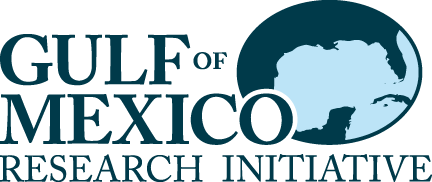Summary:
We request funds to sample salt marshes more than one year after they were oiled by the Deepwater Horizon spill, as part of a pre- and post-exposure study. Our baseline sites were established in May 2010, we sampled again in September 2010, and have funds to return in May 2011. This proposal is for a September 2011 sampling trip.
We are addressing scientific questions about community change resulting from presumed stressors arising from the Deepwater Horizon oil spill and various response efforts. We expect to quantify and understand the effects of stressors (i.e., hydrocarbons, dispersants, freshwater diversion) and remediation-related human activities on marsh and adjacent open water communities. Specifically, we are measuring the effects of stressors in insect and spider populations, soil strength, marsh grass above ground and root biomass, and mollusks (in the marsh and adjacent open water). Stressors have both direct (toxicity) and indirect effects because, as hydrocarbons degrade, these compounds enter food webs via primary consumers such as insects/spiders and mollusks.
These primary consumers in turn serve as food sources for higher trophic levels such as frogs, fish and birds and, ultimately, humans. The effects of major environmental stressor(s), therefore, can cascade through the community as members of lower trophic levels undergo changes in growth rate, mortality, reproduction, and recruitment. As a result, species turnover occurs and food web configuration and stability altered. Our goal is to provide a benchmark study in ecosystem change analysis, to identify precursors to ecosystem trajectories before alternative states are realized, and to address societal concerns about wetland stability.
Preliminary results from prior sampling indicate that stressors are influencing the organisms we study in the salt-march ecosystem. It is hypothesized that catastrophic losses of ecosystem services are triggered by bottom-up rather than top-down cascades (e.g., Roopnairine et al, 2007). Therefore, we are testing Petchey's and colleagues' (2004) conclusion that "species are lost from higher trophic levels more frequently than lower trophic levels." We expect to gain insight into the functional consequences of species losses and to provide this information to coastal managers. The three PIs and their colleagues have NSF RAPID, Sea Grant and LSU/GRI grants to support field collection efforts through May 2011 as well as some concomitant sample analyses. Herein, we request support for an additional field sampling program in September 2011 to focus on heavily impacted sites in Barataria Bay and to conduct geochemical analysis of mollusk hard and soft tissues.
